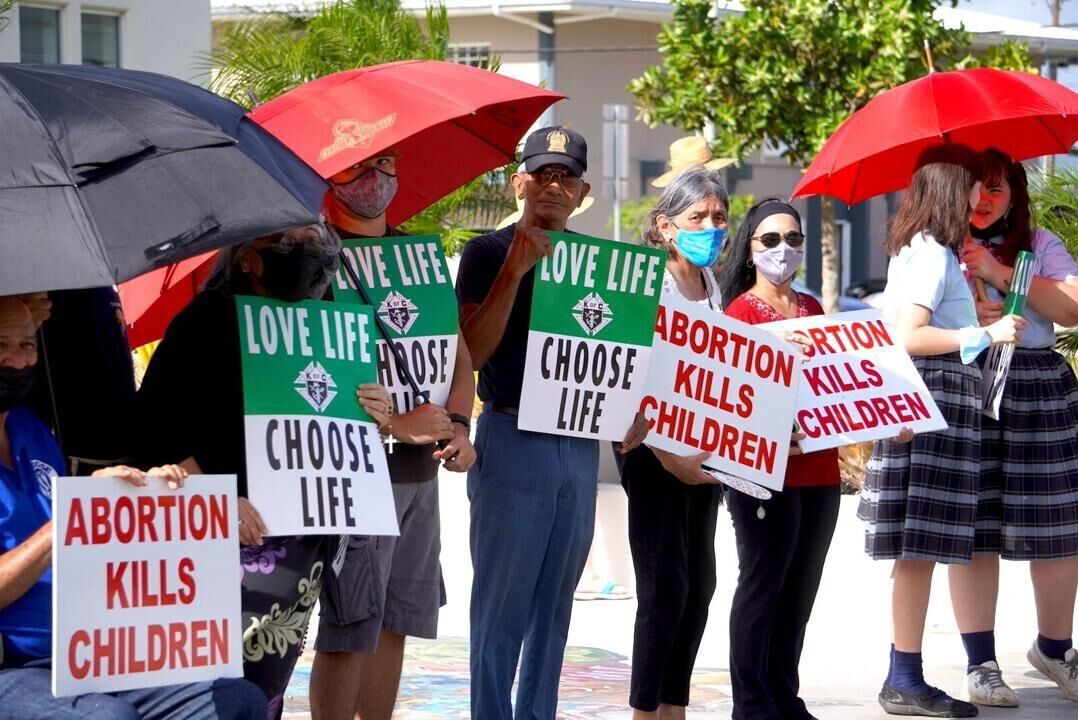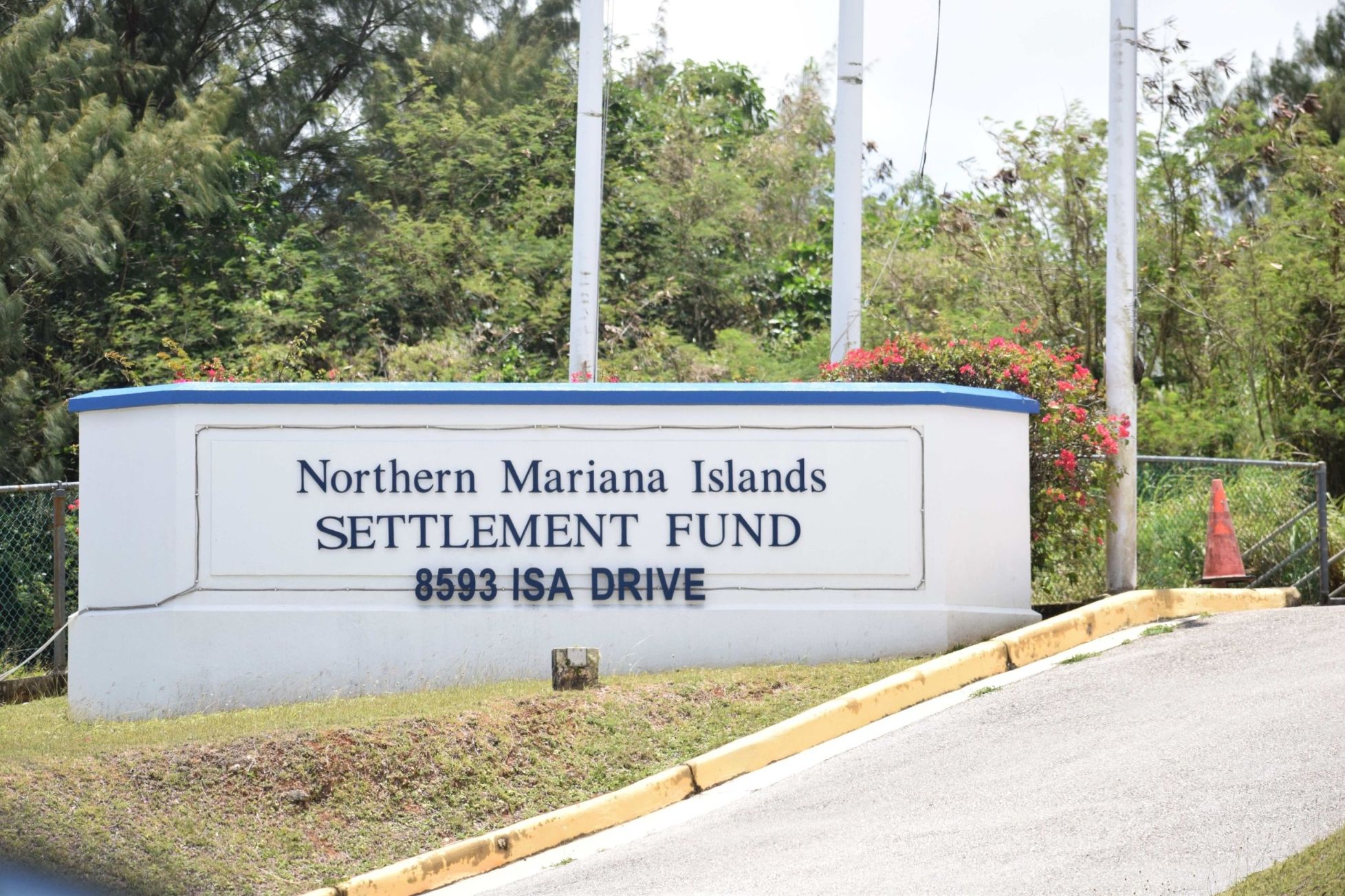HAGÅTÑA (The Guam Daily Post) — Senators on Friday heard another round of arguments from people who oppose abortion and from advocates for the protection of the unborn as soon as a heartbeat is heard, normally at six weeks of conception.
Some of them have personal stories to tell.
At issue is Bill 291, which would ban abortions at the first sound of a fetal heartbeat.
Abigail Nagengast, a young woman with Down syndrome, gave testimony that her parents chose to let her live.
She talked about how she has an extra chromosome. Typically, a baby is born with 46 chromosomes. Babies with Down syndrome have an extra copy of one of these chromosomes, chromosome 21, according to the U.S. Centers for Disease Control and Prevention.
“There are many people in this world with my same specialness, but some of them are never allowed to be born,” Nagengast said.
“They are aborted before they hear the words ‘I love you,'” she said, in part.
“I am thankful for the life my parents chose to give me. They gave me a voice — the chance to be me,” Nagengast said, adding later:
“Please do not let unborn babies die. Let them live.”
A different perspective came from Carla Torres Haddock, a nurse practitioner specialist, who works with expectant moms and is a devout Catholic.
She called on senators to focus on the real-life needs of Guam’s women and mothers.
She urged senators to focus on the lack of adequate prenatal care that places Guam’s children at risk, including when women get pregnant without access to prenatal care or while abusing drugs.
“It is incredibly difficult for mothers in Guam to receive prenatal care due to the limited number of (obstetrician) providers on island. Just getting an appointment is challenging — and that’s for those with health insurance,” Haddock said. “Imagine how our indigent noninsured or underinsured” are affected due to inadequate health care, she said.
“Senators, the reality is it won’t go away just because we passed this bill,” she said.
“The data is clear: Babies of mothers who do not get prenatal care are more likely to die and Bill 291 does nothing to solve that. I urge you, if you say you care about life, then please focus on the issues that are plaguing our community right now. Become a foster parent…. Fix our overburdened system. Support adoptions and (provide more) free emergency housing for pregnant mothers. Advocate for affordable child care, longer paid maternity leave and safe, reliable contraception,” Haddock said.
“As lawmakers, it is your duty to address the health and safety and real-life needs of our people first that includes the suffering mothers and children outside the womb,” Haddock said.
Attorney Jacqueline Terlaje also offered her personal experience, which she began by playing audio of a fetal heartbeat.
Whether that heartbeat is that of an unborn child just weeks old or a baby who’s about to be born, it’s the same — a life, she said.
Terlaje said she was born to parents who had a difficult marriage, but they decided to keep her.
Terlaje said she is the mother of eight children and foster parent of three.
Terlaje also argued that while a person can be arrested for taking a sea turtle egg, ending a life in the womb is allowed.
The local arguments are bubbling up as the nation’s abortion debate has reignited over the leaked draft of a possible U.S. Supreme Court ruling that the decades-old landmark Roe v. Wade decision in favor of abortion could be overturned.
Terlaje answered those who asked why Bill 291 does not exempt rape or incest victims from the proposed abortion ban. She said aborting the unborn child of a rape or incest victim would double the violence.
Former Gov. Eddie Calvo also testified.
He said life begins at conception.
And he made reference to Gov. Lou Leon Guerrero’s recent comment that overturning Roe v. Wade turns back Guam women’s rights into the “dark ages.”
Calvo said he calls the possible overturn of the landmark decision a beginning of “the light ages” — one of “enlightenment.”

Anti-abortion protesters gather Tuesday outside the Guam Congress Building in Hagåtña. Lawmakers have introduced the Guam Heartbeat Act of 2022, or Bill 291, which would ban abortions once a fetal heartbeat is detected — about six weeks into a pregnancy.











